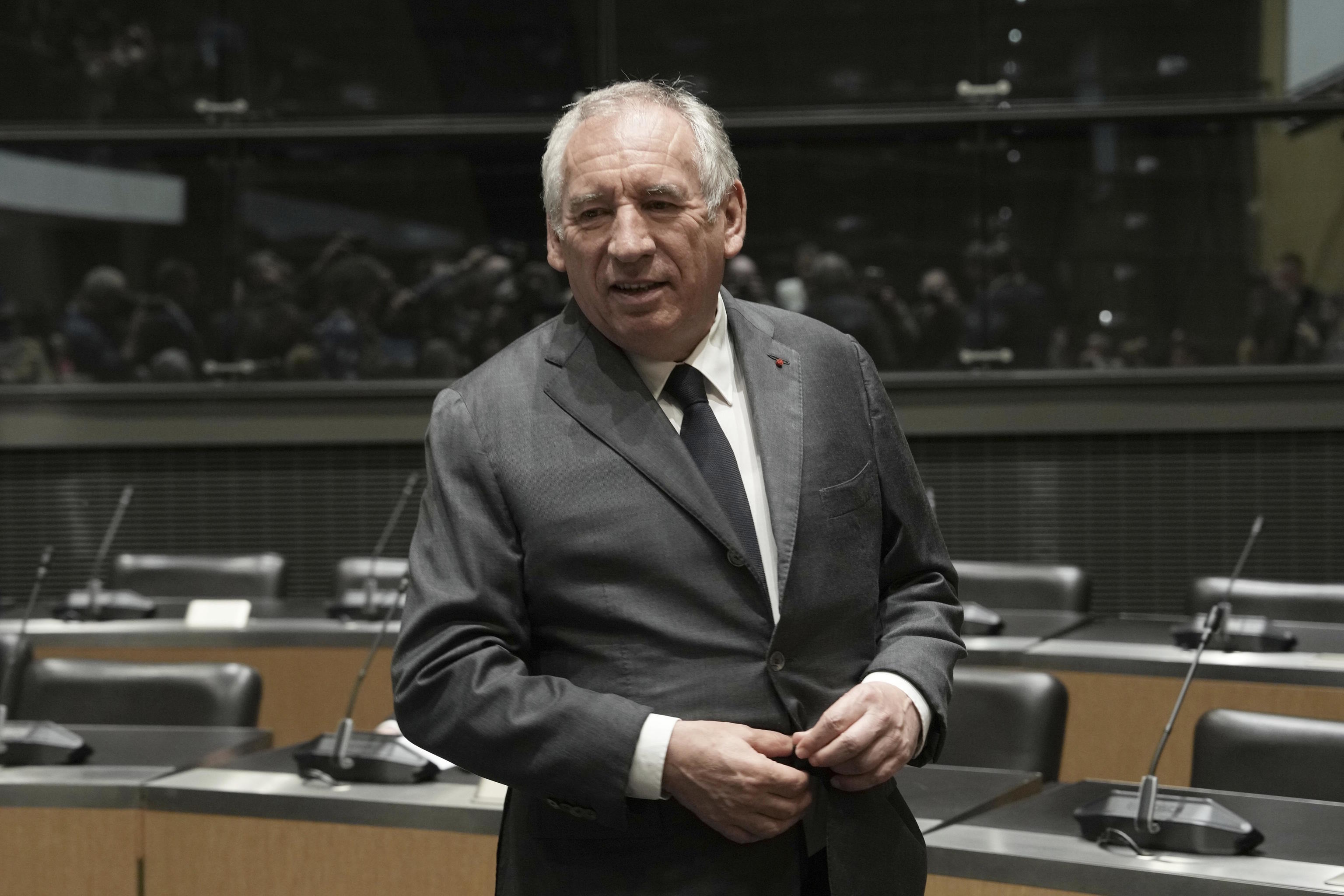"Will we make it to the end of 2025? I will simply tell you: there has never been a Government in such a fragile situation"... François Bayrou himself, already considered as the most unpopular Prime Minister of the Fifth Republic, posed the fateful question on the eve of his darkest week, marked by the vote of no confidence on Tuesday and the publication on Wednesday of the long-awaited parliamentary report on the physical and sexual abuses at the Catholic school Bétharram, where his own children studied when he was Minister of Education in the 90s.
Will Bayrou survive the scorching summer of 2025? That is the question he will try to answer these days, with the political temperature exceeding 40 degrees, in line with the "orange alert" declared until Wednesday in 84 departments. France is on fire, a year after the early legislative elections that reflected a "divided and uncertain" country, in the words of the 74-year-old centrist Prime Minister, who took the helm after the budget storm that brought down his predecessor, Michel Barnier, in December 2024.
Barnier himself has warned these days that if Bayrou loses the vote of no confidence, Macron will have no choice but to call for new elections. The French President, whose popularity has dropped to levels similar to the "yellow vests" crisis at 21% (his Prime Minister is at 17%, according to the Ipsos-Cesi poll for La Tribune Dimanche), started the week feeling the heat in Seville, preparing for the Parisian heatwave that will peak between Tuesday and Wednesday.
However, everything indicates that François Bayrou will survive, as he did in January, the vote of no confidence presented this time by the Socialist Party for his "inaction" at the negotiation table with the unions and for his refusal to open a parliamentary debate on pension reform, including raising the minimum retirement age from 62 to 64 years, which sparked major protests in the country in 2023.
"What the Socialists intend to do is show that they are in opposition," was the neutral comment with which Bayrou tried to discredit the parliamentary maneuver, aware that the full support of the entire left (including Jean-Luc Mélenchon's La France Insoumise) will not be enough to bring him down. Marine Le Pen's National Rally has already announced that they will not support the vote of no confidence to avoid contributing to the country's instability, awaiting the real battle over public finances. Bayrou already counts on the support of the fragile center-right coalition between the Together for the Republic bloc and The Republicans that keeps him in power.
Tuesday will be the first tough moment for Bayrou, who had to defend himself over the weekend at the Great Jury forum on public radio and television against accusations of his "relaxed" workdays, including "cocktails" and dinners. "I live frugally and never have political dinners," he said. "I work from 7:30 in the morning until midnight, every day."
The main event of the week will come on Wednesday, when the parliamentary report on "preventing violence in schools" is expected to be released, with conclusions on the over 200 cases of physical and sexual abuse at Notre-Dame de Bétharram school, where three of his six children studied with his wife Élisabeth Perlant, who taught catechism at the school.
His eldest daughter, Hélène, recently detailed the physical punishments she endured while studying at the school, although she exonerated her father by claiming she never revealed it to her family. François Bayrou was Minister of Education between 1993 and 1997 (overseeing, among other things, subsidies to Catholic schools) and has stated that he had no personal knowledge of the abuses.
"I was never informed of any violence, let alone sexual violence," declared the Prime Minister to the parliamentary committee in May. "Everything I know about the case is from what has been published in the press, and I have nothing to hide," emphasized Bayrou, before questioning the "objectivity" of the committee and accusing La France Insoumise deputy Paul Vannier of orchestrating "a political destruction campaign" against him regarding the Bétharram scandal.
Paul Vannier, who was involved in drafting the report, has stated in advance that "some statements (by Bayrou) probably constitute perjury under oath" and has even requested the committee chair to take legal action against the Prime Minister and against Caroline Pascal, former Director of the General Inspection of the Ministry of Education. Bayrou hinted at the possibility of filing a defamation lawsuit against the deputy. The impact of the Bétharram scandal has been one of the main reasons for his plummeting in the polls.
